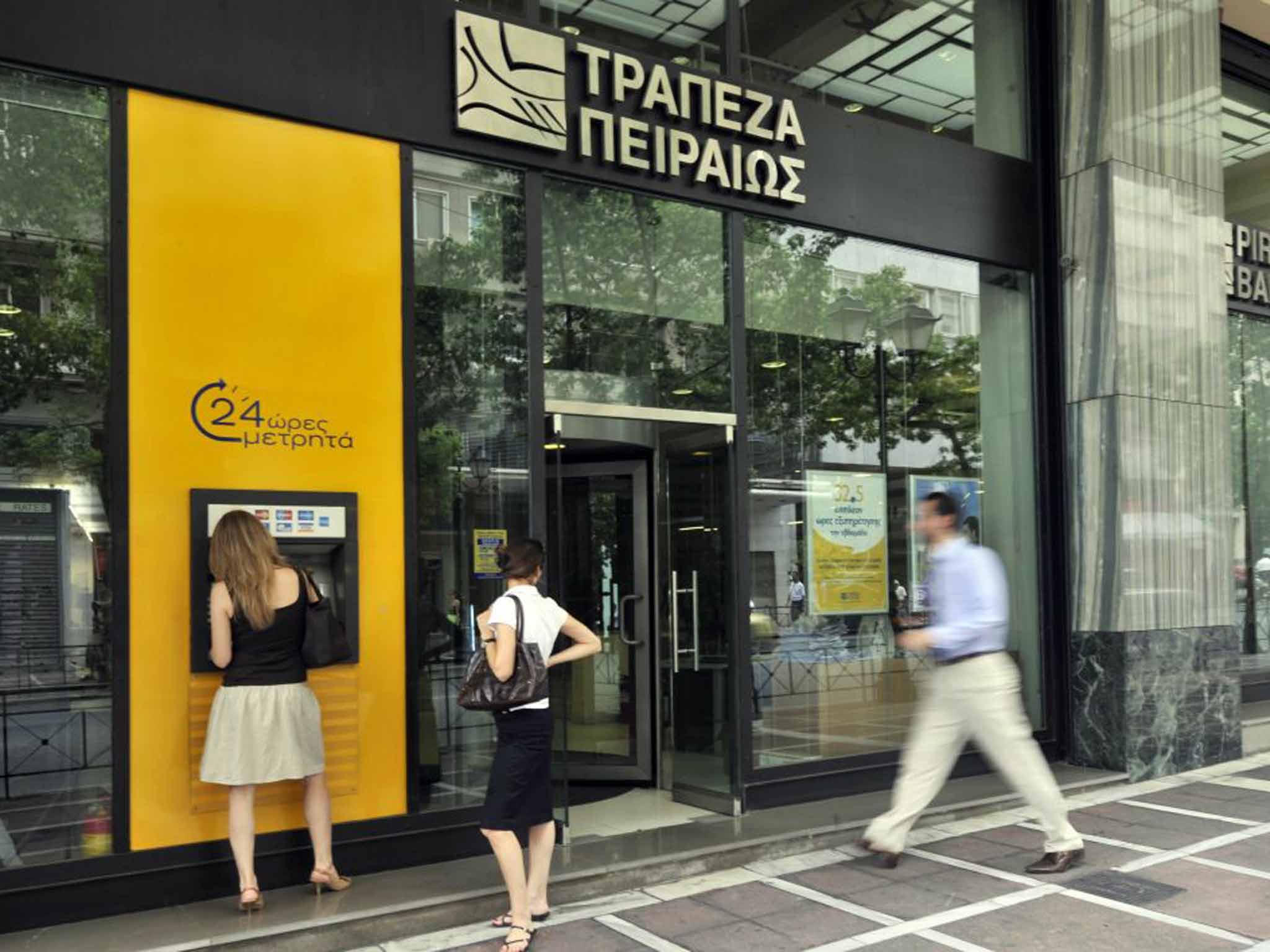Vote for a cheap holiday: France and Spain have safe seats as the most popular countries in Europe
The man who pays his way

Travel and politics make an uneasy coalition. Travellers exercise their democratic rights by voting with their feet and their credit cards for countries and enterprises.
Most of the results for British holidaymakers are predictable: France and Spain have safe seats as the most popular countries in Europe. At the other end of the travel spectrum, North Korea (itself partial to one-party politics) gets only as many UK visitors in a year as Spain receives in an afternoon.
Yet other results might confound your expectations. The British transport hub that gets the most votes each year? Perhaps Heathrow, Europe's busiest airport, or St Pancras International, where you can board a train to constituencies as far apart as Leeds Central and Marseille 1er, and dozens in between?
Neither of the above: the clear winner is Waterloo station in south London, with 100m "votes" this year. Heathrow is third (after Victoria) while Gatwick scrapes in at eighth, just ahead of Paddington and Birmingham New Street. And the airline that flies the most passengers to, from or within Britain? A three-way marginal. easyJet claims the narrowest of victories over Ryanair and British Airways – both of whom are likely to demand a recount.
Gr-exit poll
The election that ended at 10pm on Thursday appears to have had an odd effect: for all the campaign's ill-tempered tedium, it persuaded people to stay at home. Any evening in the past week, you could have booked a flight from Heathrow to Sydney at a couple of hours' notice on one of the world's best airlines, Singapore, for less than £650 return.
That fare has political significance: it represents 100 hours' work at the national minimum wage of £6.50. Two-and-a-half weeks' work at the lowest legal pay will take you to the far side of the planet and back.
Or, for barely two days' work you could be in Greece right now. What I reckon must be the holiday bargain of the year so far departed Gatwick, destination Kefalonia, on time at 9.25am on polling day. Twenty-four hours earlier, Britain's biggest holiday company, Thomson, had dropped the price of a week in this lovely Ionian island to just £110 per person.
For less than a standard one-way train ticket from Taunton to London, you could get 2,700 miles of flying. That's just the start. The price also includes a 15kg baggage allowance, enough for a hardback copy of Louis de Bernières' novel set in Kefalonia, plus a mandolin; a coach transfer to the Hotel Tara Beach; and a decent room at the hotel, with breakfast.
The lucky last-minute buyers will have landed in a nation that has more than its fair share of political and financial challenges. A number of readers have contacted us with worries about their planned trips to Greece. Their concerns centre on rumours that all the ATMs are empty and that the government in Athens may preside over the country tumbling out of the euro this summer. Now, when the financial crisis first hit Greece, there was a flood of withdrawals. Rumours grew that banking and export controls were about to be imposed. Some wealthier citizens liquidated their assets by extracting their bank balances in euro bills, leaving some cash machines as empty as a candidate's promise.
Happily, my man in the Aegean, Jamie Bowden, reports: "I've been in Crete for three weeks and have not had a problem withdrawing from ATMs." But, says Mr Bowden between sips of retsina and handfuls of olives, anyone planning to follow the Greek premier's recommendation that foreign tourists pay with plastic to counter tax-evasion is in for a tough time:
"Using a credit or debit card is proving very difficult even in Heraklion, Rethymon and Chania, let alone the more remote parts. Virtually all of my requests to pay for meals or hotels using my nice, low-cost Santander Zero card have been turned down. The excuse given? The card reader is 'broken'. The good news is that hospitality is as fabulous as ever, and the prices are lower than they were five years ago."
What of the worry that Greece may crash out of the single currency, a so-called Gr-exit? I have seen nothing to support assertions that the Bank of Greece is known to have a vault full of freshly minted drachma notes, ready for the day the nation reverts to its previous currency. Have no fear: if you are holding euros, in cash, you will be the most popular customer in the taverna.
That Latin X factor
As you may care to read below in "How To ...", even liberal democracies put up with Prohibition during elections, banning beer with ballots. I have been caught out twice in Latin America: poor timing has found me in both Caracas and Guatemala City with the polling booths open but every bar closed. Yet the law doesn't seem to do any good. Even by the undemanding standards of that wonderful, wayward region, Venezuela and Guatemala have been dismally governed for the past few decades. Perhaps allowing voters to drink could inject a welcome random element into the democratic process.
Subscribe to Independent Premium to bookmark this article
Want to bookmark your favourite articles and stories to read or reference later? Start your Independent Premium subscription today.

Join our commenting forum
Join thought-provoking conversations, follow other Independent readers and see their replies